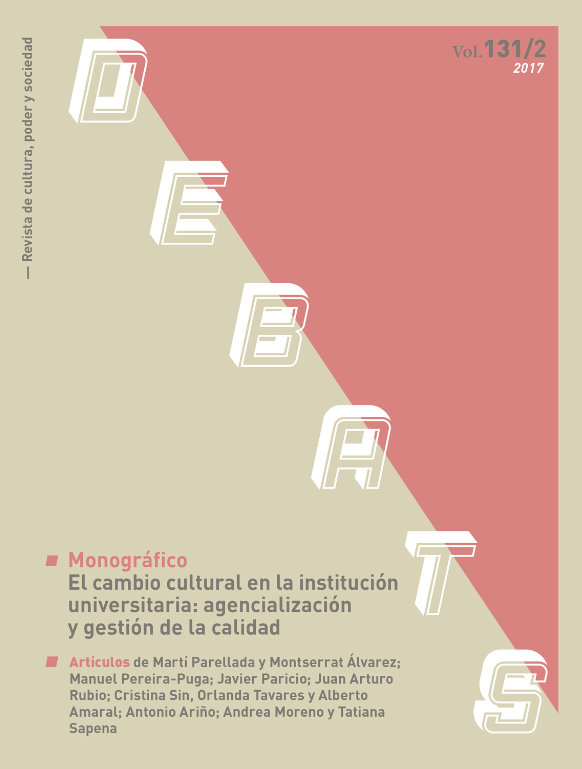Taking stock of changes in quality assurance in Portuguese higher education between 2007 and 2015
Abstract
This article presents the developments which have occurred in Portugal after the adoption of the new framework for quality assurance in 2007. The most obvious outcomes of the operation of the new agency for assessment and accreditation of higher education could be observed at the level of programme provision. Accreditation procedures led to a 40 % reduction of the programmes, in the period between 2009 and 2015. This reduction occurred mainly in the private sector, which confirms that substandard programmes were more common in this sector. Another consequence has been an increasing awareness of quality among institutions, which have started to address quality in a more formal and systematic way through the implementation of internal quality assurance systems. These systems have been driven by a logic of accountability and not by a genuine internal reflection involving all the stakeholders which are likely to contribute to improvement. For this reason, academics tend to perceive internal quality assurance as having a major negative effect —bureaucracy— while its positive effects are perceived as being quite modest.
Downloads
Downloads
Published
How to Cite
Issue
Section
License
Without prejudice to the provisions of article 52 of Spanish Law 22/1987 of November 11 on Intellectual Property, BOE (official state bulletin) of November 17, 1987, and pursuant to said legislation, the author(s) surrender(s) free of charge its rights of edition, publication, distribution and sale of the article, for its publication in Debats. Journal on Culture, Power and Society.
Debats. Journal on Culture, Power and Society is published under the Creative Commons license system in accordance with the «Recognition - Non-Commercial (by-nc) modality: The generation of derivative works is permitted provided that commercial use is not made. Nor can the original work be used for commercial purposes».
Thus, when the author submits his/her contribution, he/she explicitly accepts this assignment of publishing and publishing rights. Authors also authorize Debats. Journal on Culture, Power and Society to include their work in an issue of the journal to be distributed and sold.











